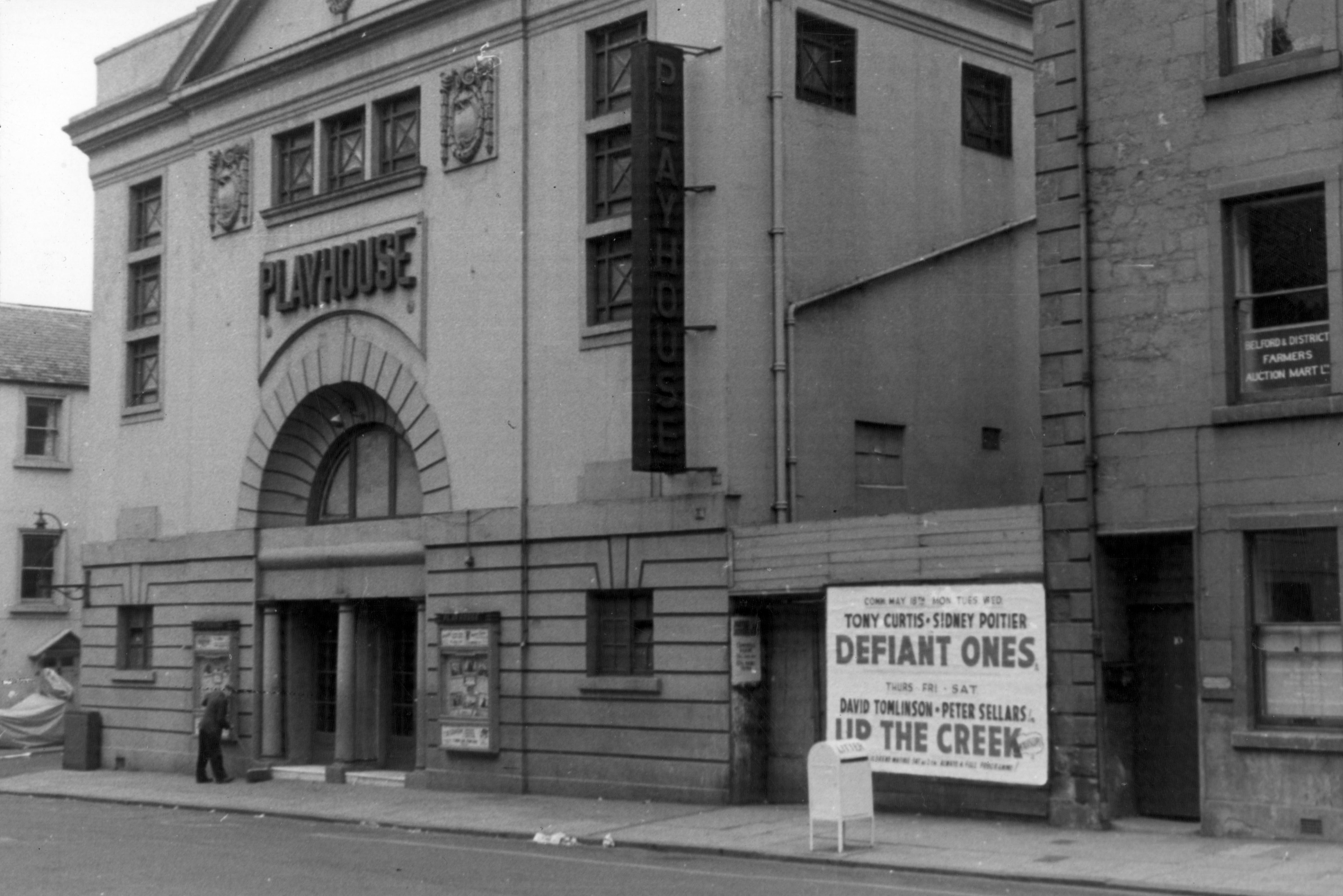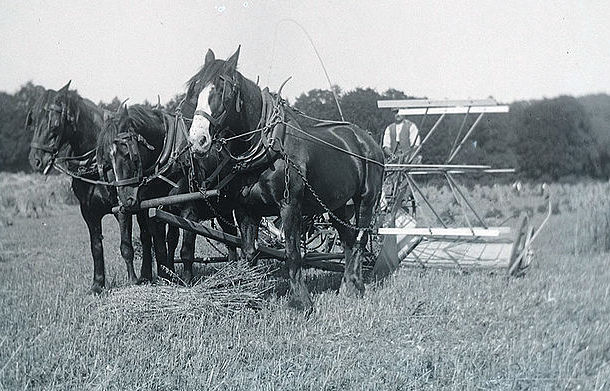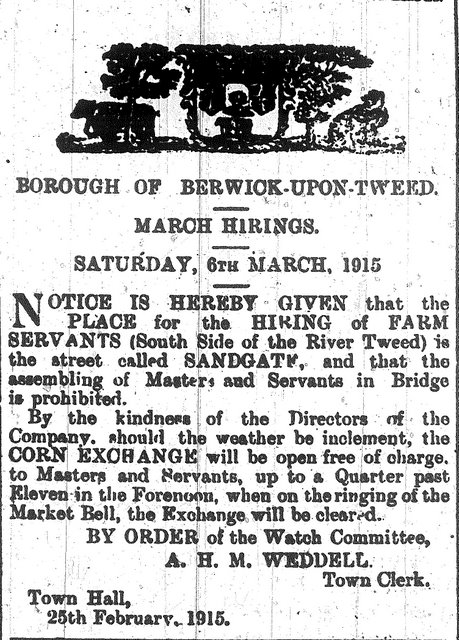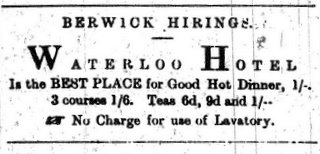BERWICK ADVERTISER, 16 JUNE 1916
THE PLAYHOUSE
The film being shown at the Playhouse this weekend is “Whoso is without Sin.” It is founded upon the ideal prize story, and is a tale for saints and sinners – exhibiting some modern pharisees and a penitent woman. The variety programme is of exceptional interest being Pharos, the world famous Egyptian illusionist. He shows a programme of Oriental splendours, and is assisted by Ibhar. He presents in rapid succession the most startling and baffling series of magical problems ever presents to the public. From Monday to Wednesday of next week there will be a splendid comedy drama in three acts, entitled “The Pretenders.” It is an exclusive film from the well-known firm of Harma and Co., London. It is particularly noteworthy for magnificent scenery, and contains a thrilling story of two wealthy young people, each pretending to be of a humble station in life.

The girl gets locked out of her home and has to break in. The young man sees her, and concludes she is a thief. A burglar also breaks in, and after a furious struggle is overpowered by the young man. A detective comes on the scene and finishes by arresting all three! Subsequent explanations secure the release of the girl and the young man. A few weeks later they meet again, and in the privacy of the conservatory come to an understanding which leads to a happy ending. The third series of “Greed” will also be shown. It deals with the evils of cheap construction, a slight explosion causing a badly built subway to cave in, carrying with it a loaded tram and scores of people who were in the street above. On Thursday, Friday, and Saturday the film will be “White Star.” It is the finest sporting drama ever filmed – a story containing a magnificent blending of human pathos, laughter and thrills, combined with perfect photography. It is an all British romance of the turf and stage, and contains an exciting plot to poison a favourite race horse – White Star. The vaudeville entertainment is in the hands of Arthur Canworth, banjo expert, who introduces the one and only bass singing banjo in the world.
BERWICK TRIBUNALS
JAMES YOUNG
James Young, baker, Seahouses, appealed for his son, Richard Thomas (22), confectioner and general dealer. The local Tribunal disallowed the appeal as it was not a certified occupation; that an older man should be obtained, and that female labour could be utilised. As to supplying the needs of the fishers it was contended that fishing was diminishing, and it was not essential the Young should be retained for this purpose.

In his appeal Mr Young said he had contracts to supply the military with bread. The nearest baker was seven miles away, and he supplied a radius of seven square miles, embracing 5000 people, and a number of small shops. At the time of the herring fishing he supplied a large number of boats. If his son was taken he would be left with one man and an apprentice. His foreman was 42 years of age, and he had another lad (19), who was going to the army.
In answer to the Military Representative he said he had supplied as many as twenty boats. Each boat generally carried a crew of seven men.
The appeal was dismissed.
MRS P. MCLAUGHAN
Mrs P. McLaughan, widow, appeared in support of the appeal for her son, Hugh McLaughlan (23), 38 Bridge Street, a horse driver with Messers Elder, agricultural implement makers. She stated that she had one son in the navy, the claimant in the appeal, one son (16) incapacited through disease in the arm, and one daughter four years of age. The appellant’s weekly wage went to the whole support of herself. She also received an allowance of 15s weekly from the son in the navy.
By Mr Hogarth – The appellant was refused as medically unfit for the navy. If he had joined the navy she would probably have had an allowance the same as she has for the other boy.
The Tribunal decided that he should serve.
LOCAL NEWS
Farm-Workers War Wages – The recent agricultural hiring fairs in Scotland show that farm servants wages have about doubled in the past few years. In Roxburghshire, Berwickshire, and Dumfrieshire, wages are now very high, but not so high as in some counties further north, where the Farm Servants’ Union held meetings urging the men to stand out for a standard wage of £70 per year. The men acted largely on this advice, and one considerable farmer states that his single men now cost him £100 a year. In Berwickshire, besides some perquisites, 24s to 28s per week was given, whereas in 1906 the rates were 13s to 15s. other counties exhibit similar advances.

Foxhunters and Farmers – At a meeting of the Hunt Secretaries Association held at Messers Tattersall’s, the following resolution was unanimously passed: – “That the thanks of the Hunt Secretaries’ Association be recorded to all the farmers and poultry-keepers for their great help during the past season, enabling hunting to be carried on successfully under very difficult circumstances, and it is hoped, owing to the difficulties arising from the war, that they will do all in their power to continue their loyal support to the various hunts in the future.





